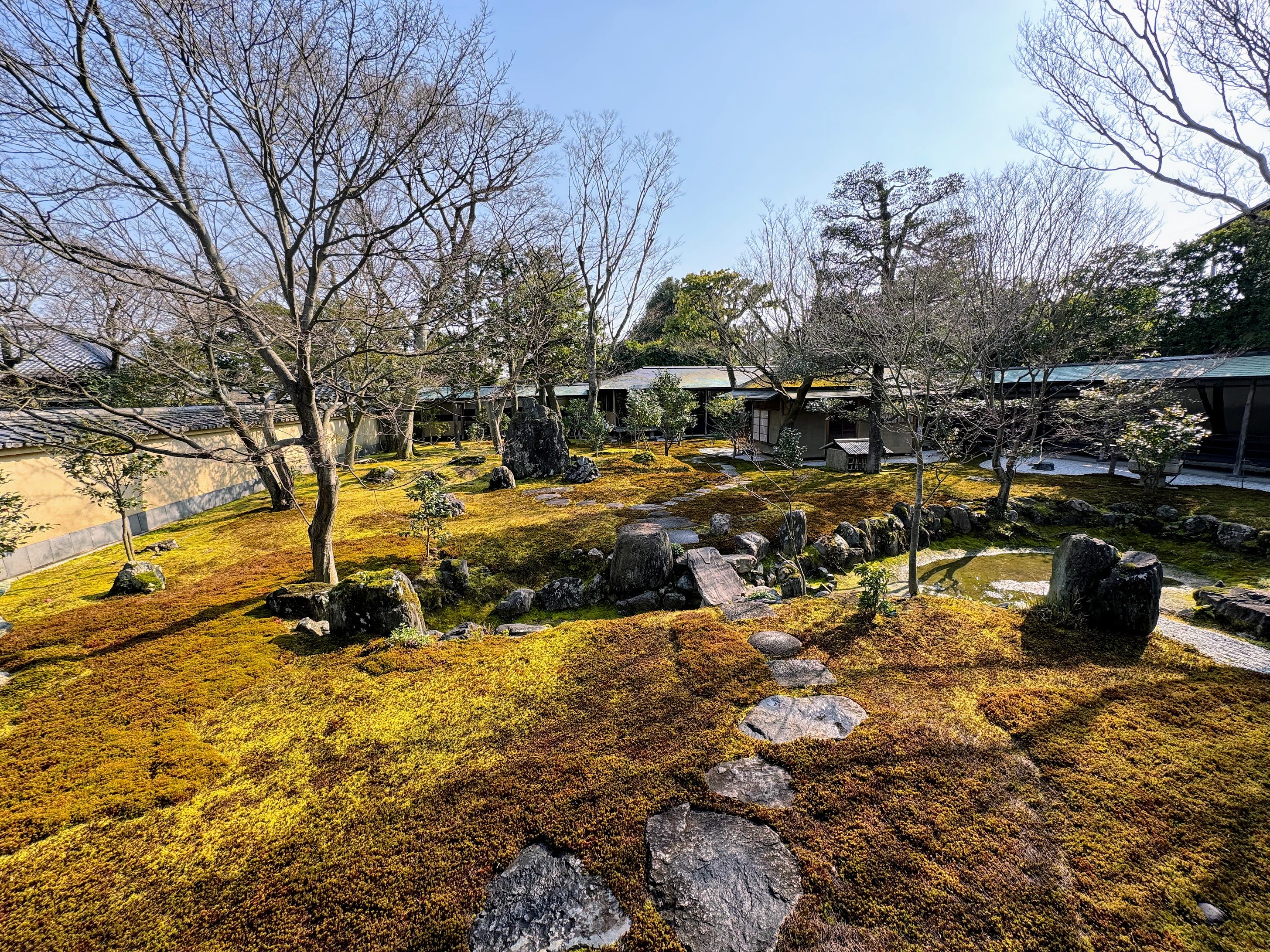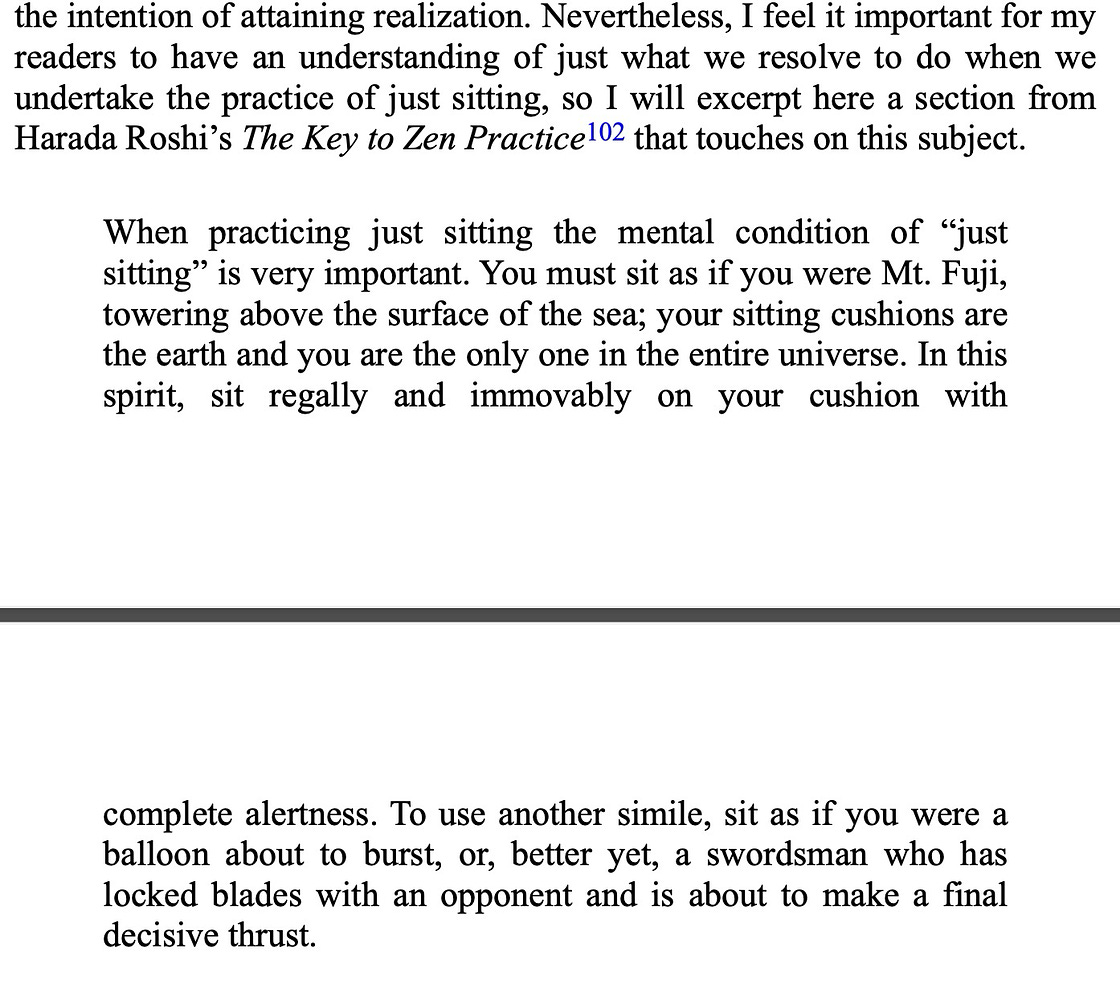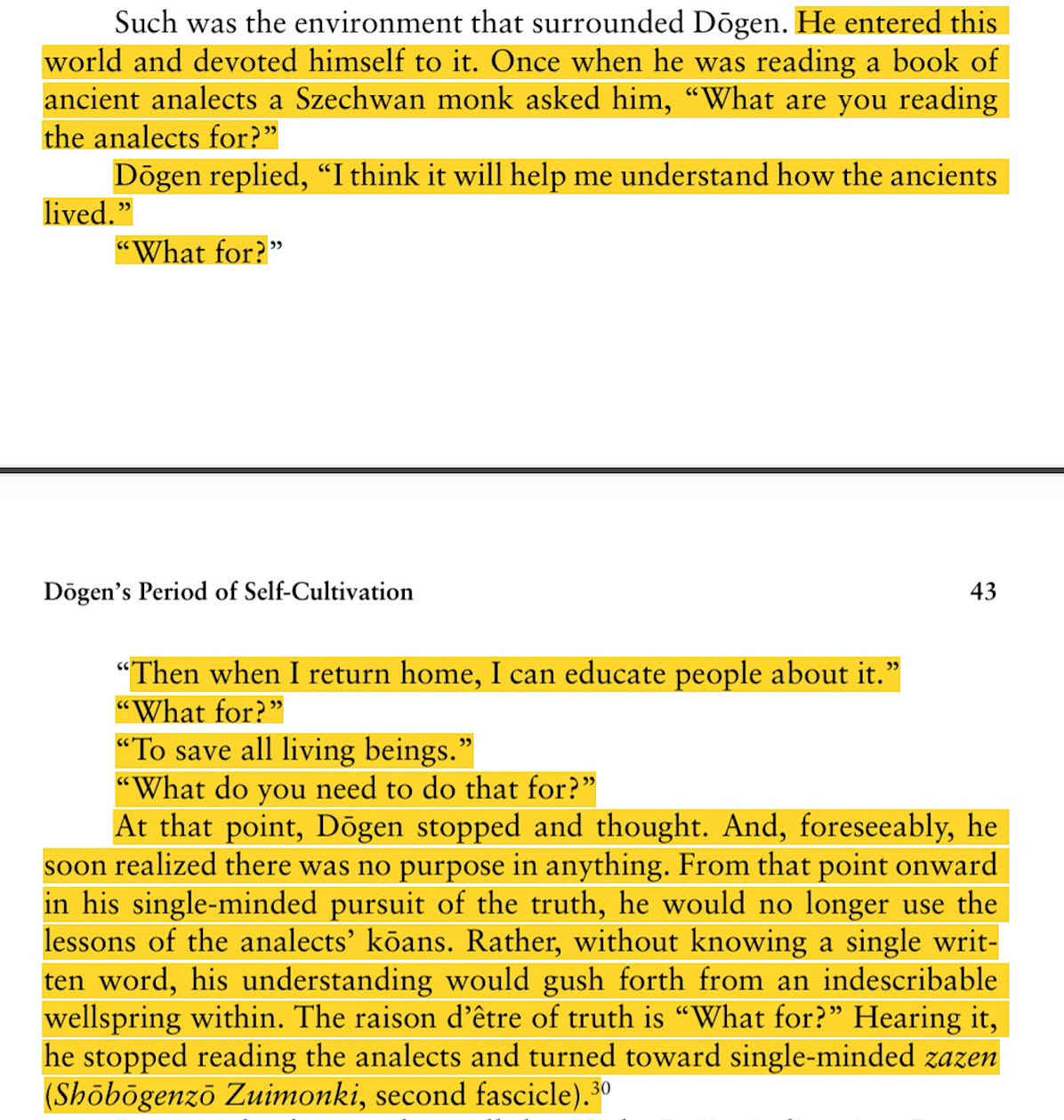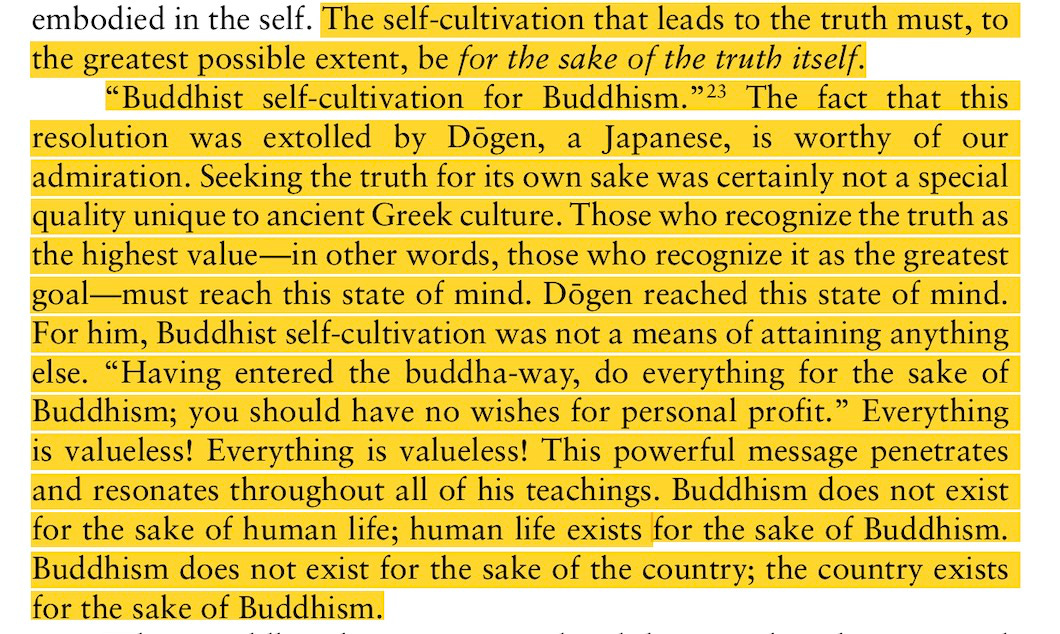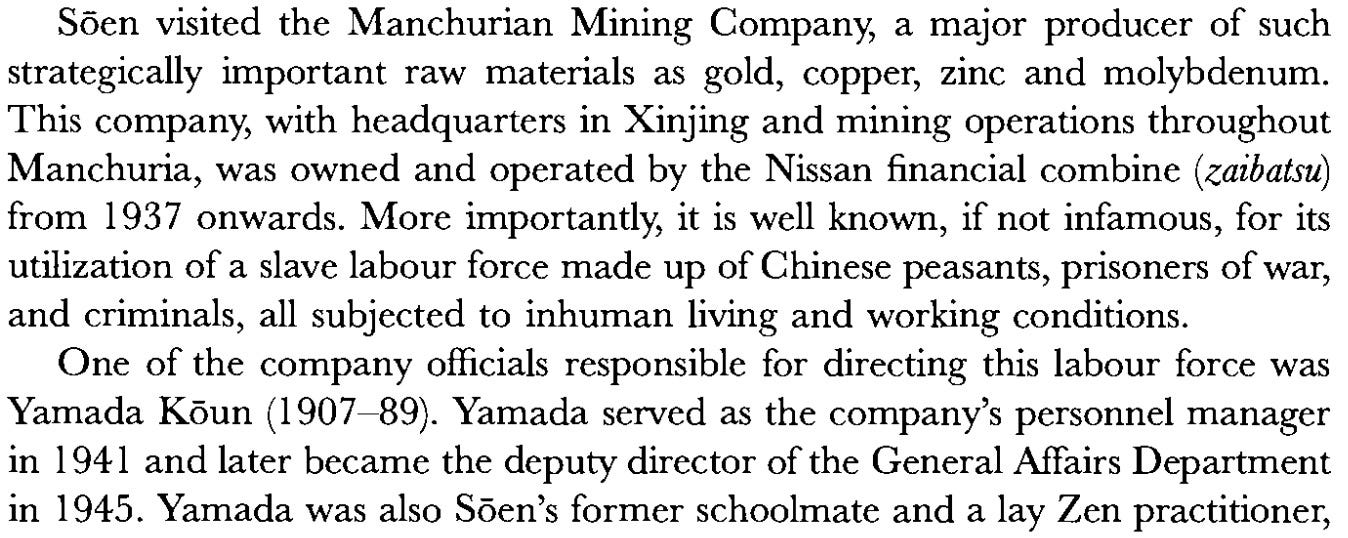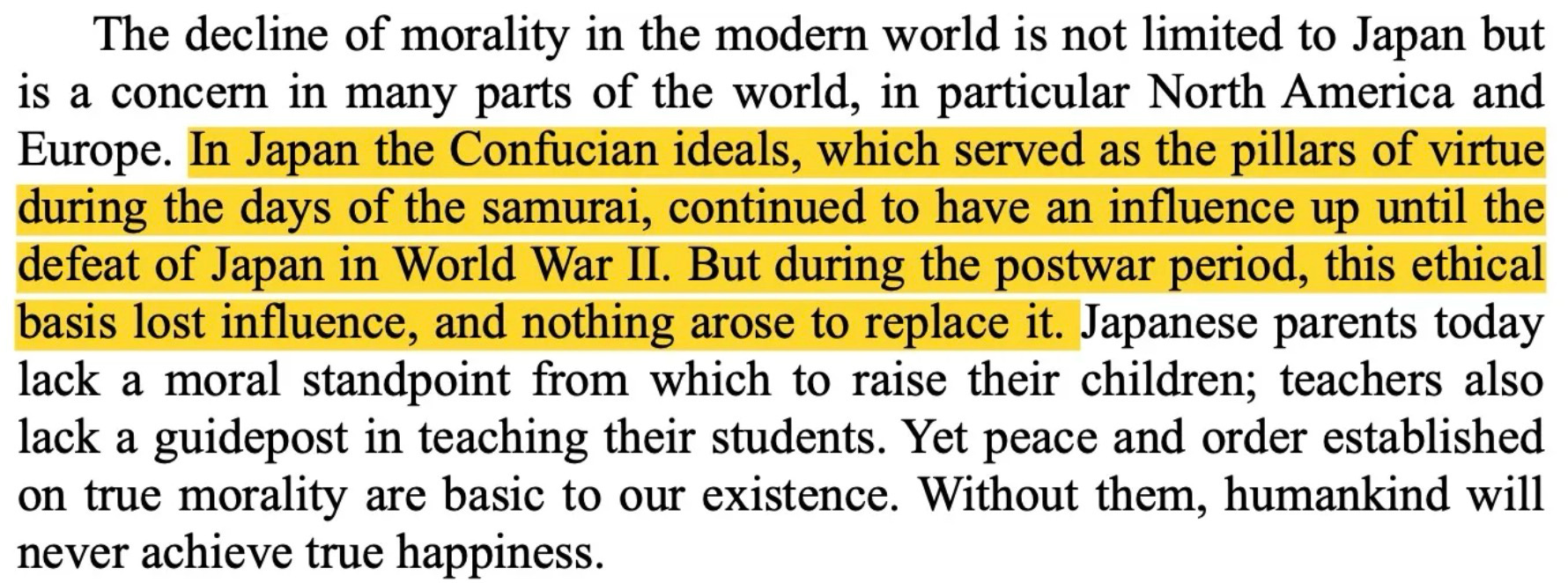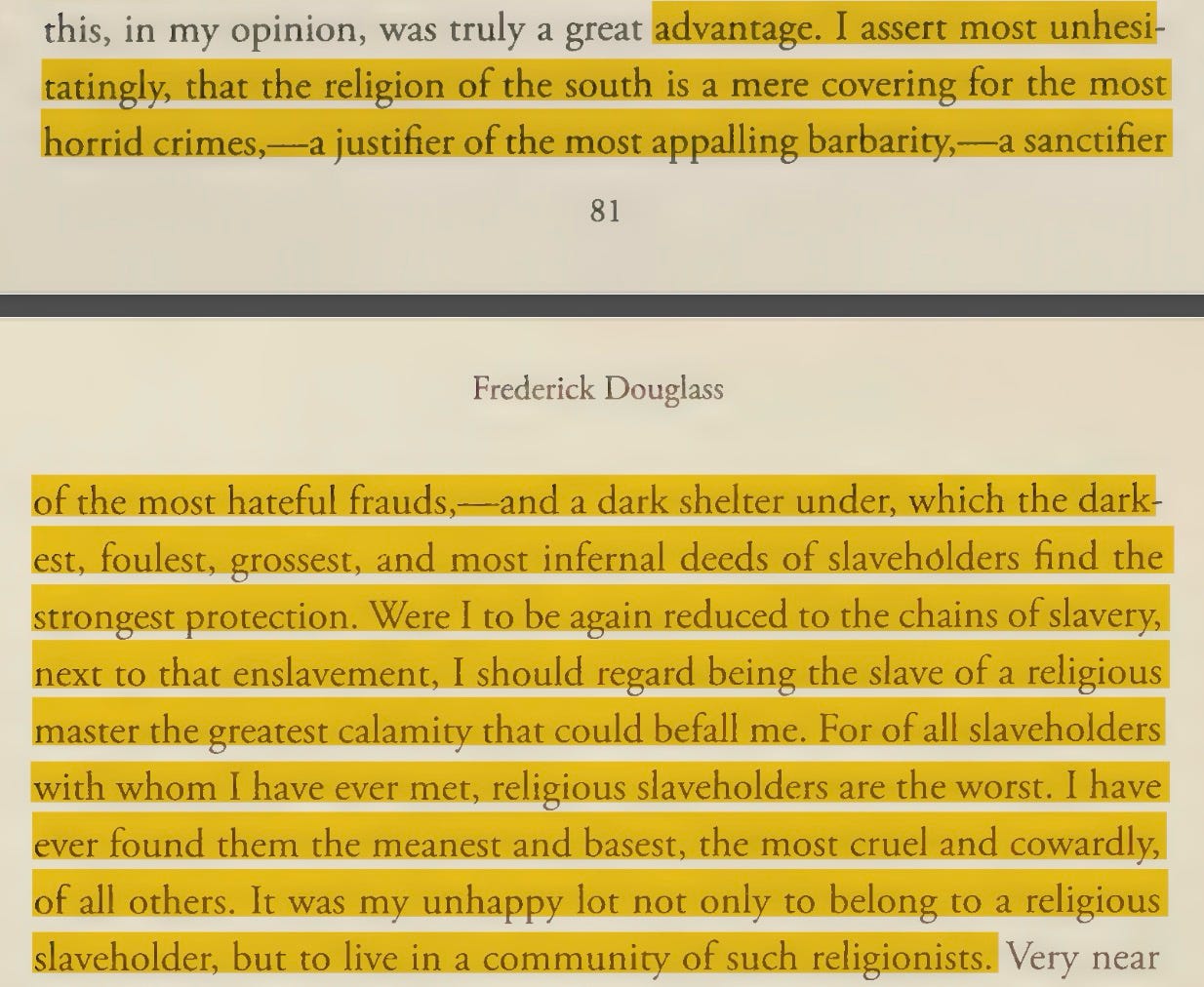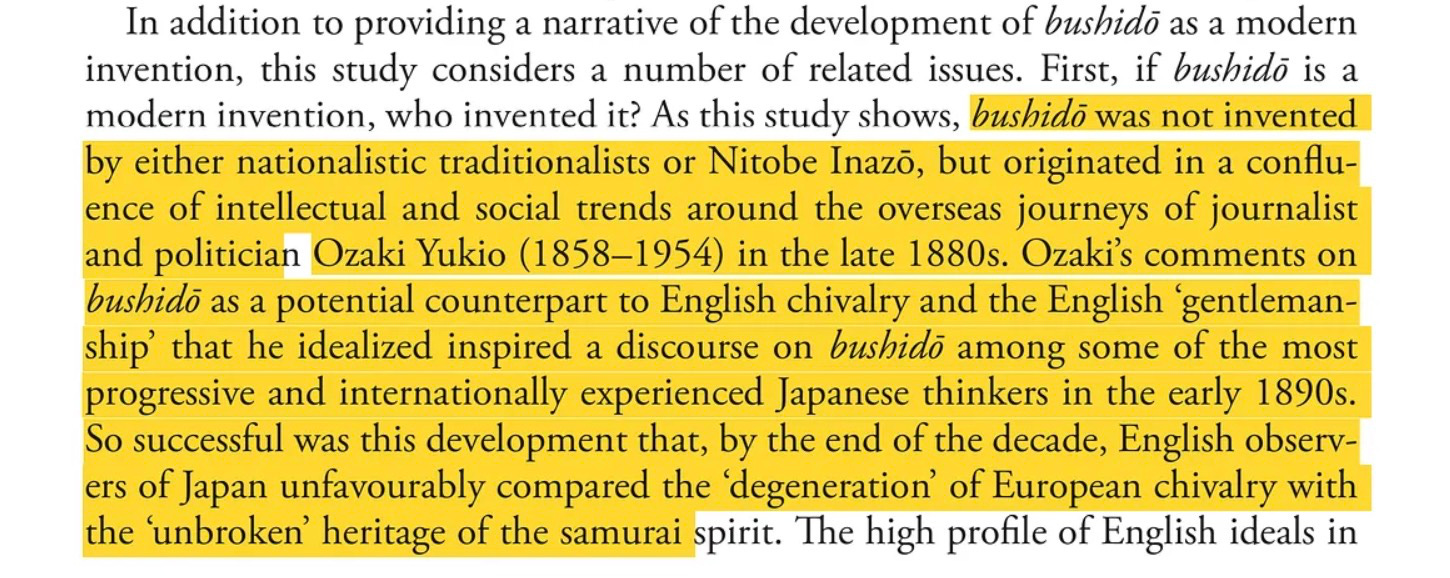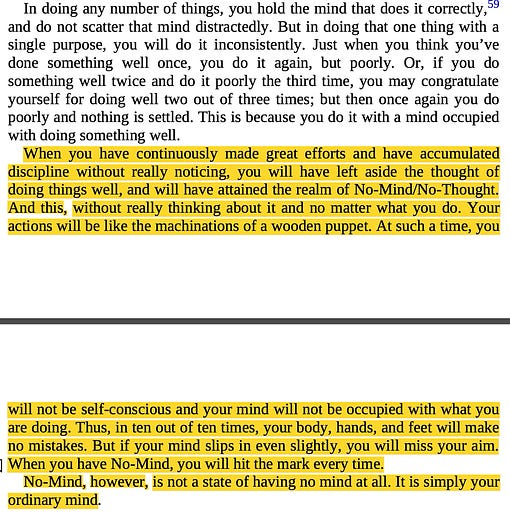Uma possibilidade bem real, dada a falta de apoio militar e econômico do Ocidente e de suas hesitações em atacar a Rússia diretamente, ou de estrangulá-la economicamente de forma mais efetiva. (PRA)
Ukraine could face defeat in 2024. Here's how that might look
The former commander of the UK's Joint Forces Command has warned that Ukraine could face defeat by Russia in 2024.
General Sir Richard Barrons has told the BBC there is "a serious risk" of Ukraine losing the war this year.
The reason, he says, is "because Ukraine may come to feel it can't win".
"And when it gets to that point, why will people want to fight and die any longer, just to defend the indefensible?"
Ukraine is not yet at that point.
But its forces are running critically low on ammunition, troops and air defences. Its much-heralded counter-offensive last year failed to dislodge the Russians from ground they had seized and now Moscow is gearing up for a summer offensive.
So what will that look like and what are its likely strategic objectives?
"The shape of the Russian offensive that's going to come is pretty clear," says Gen Barrons.
"We are seeing Russia batter away at the front line, employing a five-to-one advantage in artillery, ammunition, and a surplus of people reinforced by the use of newish weapons."
These include the FAB glide bomb, an adapted Soviet-era "dumb bomb" fitted with fins, GPS guidance and 1500kg of high explosive, that is wreaking havoc on Ukrainian defences.
"At some point this summer," says Gen Barrons, "we expect to see a major Russian offensive, with the intent of doing more than smash forward with small gains to perhaps try and break through the Ukrainian lines.
"And if that happens we would run the risk of Russian forces breaking through and then exploiting into areas of Ukraine where the Ukrainian armed forces cannot stop them."
But where?
Last year the Russians knew exactly where Ukraine was likely to attack - from the direction of Zaporizhzhia south towards the Sea of Azov. They planned accordingly and successfully blunted Ukraine's advance.
Now the boot is on the other foot as Russia masses its troops and keeps Kyiv guessing where it is going to attack next.
"One of the challenges the Ukrainians have," says Dr Jack Watling, senior research fellow in land warfare at the Whitehall thinktank the Royal United Services Institute (Rusi), "is that the Russians can choose where they commit their forces.
"It's a very long front line and the Ukrainians need to be able to defend all of it."
Which, of course, they cannot.
"The Ukrainian military will lose ground," says Dr Watling. "The question is: how much and which population centres are going to be affected?"
It is quite possible that Russia's General Staff have yet to go firm on which direction to designate as their main effort. But it is possible to broadly break down their various options into three broad locations.
Kharkiv
"Kharkiv," says Dr Watling, "is certainly vulnerable."
As Ukraine's second city, situated perilously close to the Russian border, Kharkiv is a tempting goal for Moscow.
It is currently being pummelled daily with Russian missile strikes, with Ukraine unable to field sufficient air defences to ward off the lethal mix of drones, cruise and ballistic missiles aimed in its direction.
"I think the offensive this year will have breaking out of the Donbas as its first objective," adds Gen Barrons, "and their eye will be on Kharkiv which is 29km [18 miles] or so from the Russian border, a major prize."
Could Ukraine still function as a viable entity if Kharkiv were to fall? Yes, say analysts, but it would be a catastrophic blow to both its morale and its economy.
The Donbas
The area of eastern Ukraine known collectively as the Donbas has been at war since 2014, when Moscow-backed separatists declared themselves "people's republics".
In 2022 Russia illegally annexed the two Donbas oblasts, or provinces, of Donetsk and Luhansk. This is where most of the fighting on land has been taking place over the past 18 months.
Ukraine has, controversially, expended enormous efforts, in both manpower and resources, in trying to hold on to first the town of Bakhmut, and then Avdiivka.
It has lost both, as well as some of its best fighting troops, in the attempt.
Kyiv has countered that its resistance has inflicted disproportionately high casualties on the Russians.
That is true, with the battlefield in these places being dubbed "the meat grinder".
But Moscow has plenty more troops to throw into the fight - and Ukraine does not.
The Commander of US Forces in Europe, General Christopher Cavoli, has warned that unless the US rushes significantly more weapons and ammunition to Ukraine then its forces will be outgunned on the battlefield by ten to one.
Mass matters. The Russian army's tactics, leadership and equipment may be inferior to Ukraine's, but it has such superiority in numbers, especially artillery, that if it does nothing else this year, its default option will be to keep pushing Ukraine's forces back in a westward direction, taking village after village.
Kyiv has countered that its resistance has inflicted disproportionately high casualties on the Russians.
That is true, with the battlefield in these places being dubbed "the meat grinder".
But Moscow has plenty more troops to throw into the fight - and Ukraine does not.
The Commander of US Forces in Europe, General Christopher Cavoli, has warned that unless the US rushes significantly more weapons and ammunition to Ukraine then its forces will be outgunned on the battlefield by ten to one.
Mass matters. The Russian army's tactics, leadership and equipment may be inferior to Ukraine's, but it has such superiority in numbers, especially artillery, that if it does nothing else this year, its default option will be to keep pushing Ukraine's forces back in a westward direction, taking village after village.
Zaporizhzhia
This, too, is a tempting prize for Moscow.
The southern Ukrainian city of more than 700,000 (in peacetime) sits dangerously close to the Russian front lines.
It is also something of a thorn in Russia's side given that it is the capital of an oblast of the same name that Russia has illegally annexed, and yet the city is still living freely in Ukrainian hands.
But the formidable defences that Russia built south of Zaporizhzhia last year, in the correct expectation of a Ukrainian attack, would now complicate a Russian advance from there.
The so-called Surovikin Line, consisting of triple layers of defences, is laced with the largest, most densely packed minefield in the world. Russia could partially dismantle this but its preparations would probably be detected.
Russia's strategic objective this year may not even be territorial. It could simply be to crush Ukraine's fighting spirit and convince its Western backers that this war is a lost cause.
Dr Jack Watling believes the Russian objective is "to try to generate a sense of hopelessness".
"This [Russian] offensive will not decisively end the conflict, irrespective of how it goes for either side," he says.
Gen Barrons is also sceptical that, despite the dire situation Ukraine now finds itself in, Russia will automatically drive home its advantage with a decisive advance.
"I think the most likely outcome is that Russia will have made gains, but will not have managed to break through.
"It will not have forces that are big enough or good enough to punch all the way through to the river [Dnipro]... but the war will have turned in Russia's favour."
One thing is certain: Russia's President Vladimir Putin has no intention of giving up on his assault on Ukraine.
He is like a poker player gambling all his chips on a win. He is counting on the West failing to supply Ukraine with the sufficient means to defend itself.
Despite all the Nato summits, all the conferences and all the stirring speeches, there is a chance he may be right.

